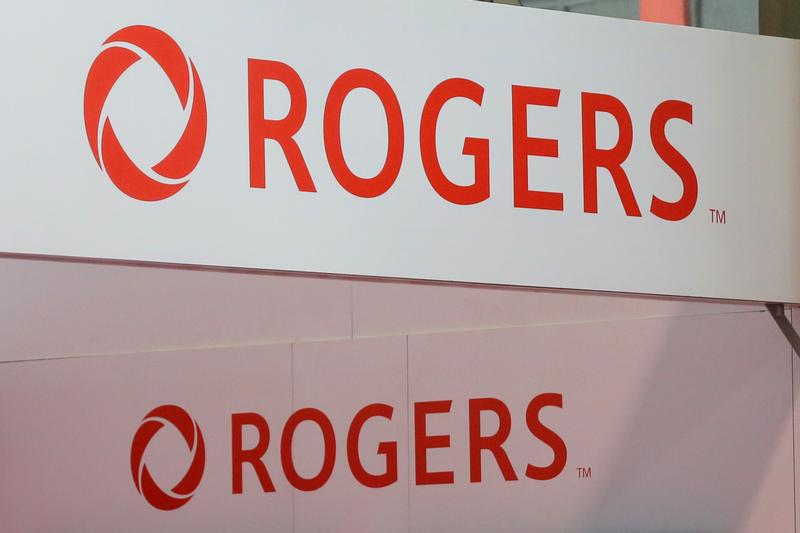Just like geese, telecommunication firms around the world are flocking together. Canada’s Rogers Communications on Monday announced a takeover of Shaw Communications for C$20 billion, a more than 69% premium to the previous trading day’s closing price. That would turn the biggest four providers into three. Such deals can be valuable if sharp-toothed regulators can be mollified.
The company run by Joe Natale watched its revenue fall 8% in 2020, and the price it is offering Shaw suggests urgency. Market share is fiercely contested, and it’s not cheap to roll out 5G networks. Rogers said it should find C$1 billion in synergies – but some of that comes from less-reliable revenue gains. Even if the companies can squeeze out the full amount, those gains should be worth around C$7.5 billion, taxed and capitalized, less than the C$8 billion premium Rogers is paying.
It could be that Natale is being coy. Look at another four-to-three telecoms deal, T-Mobile US’s acquisition of Sprint. When T-Mobile US launched its offer in April 2018, it announced cost-savings with a present value of around $43 billion. Yet since then, the two companies’ combined market capitalization has gone up by $81 billion. If they had matched rival Verizon Communications, they would be up just $5.7 billion.
Watchdogs aren’t always comfortable though with big telecom companies getting bigger, for fear that customers will end up worse off. T-Mobile faced lengthy scrutiny by U.S. regulators and had to sell assets to satellite firm Dish Network to create a new fourth wireless company. European deals have also had to jump through hoops. Some unions, like that of Dutch telecom Tele2 and Deutsche Telekom, made it to the other side.
Rogers will probably now have to enter into some horse-trading with regulators. It has already said it will invest C$2.5 billion to build 5G networks in Western Canada and C$1 billion in connecting rural, remote and indigenous communities, for example. As of late Monday, Shaw’s shares were trading at C$34, compared with an offer price of C$40.50. That may reflect the work ahead. T-Mobile’s example suggests it’s worth the effort.

